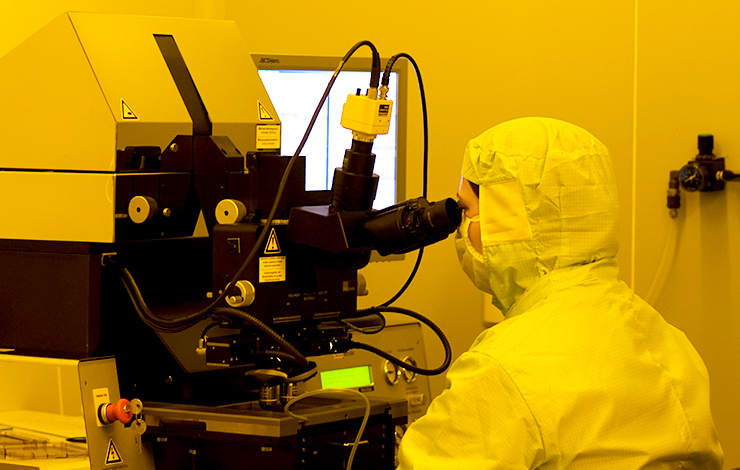


Fernanda Barroso Bruno de Carvalho
PhD student

SM
Structural Materials
Gab. 1.17 fb.carvalho@campus.fct.unl.pt
Structural Materials
Gab. 1.17 fb.carvalho@campus.fct.unl.pt
SHORT CV
Fernanda Carvalho received her B. Sc and M. Sc degree in Conservation and Restoration from Faculdade de Ciências e Tecnologia, Universidade Nova de Lisboa in 2014 and 2016 respectively. She was researcher in a European project HERACLES – Heritage Resilience Against Climate Events on Site (2017-2019). She is currently working as a researcher in the European project MineHeritage.
Ceramic, glass, stone materials and mortar applied to Cultural Heritage.
MAIN PUBLICATIONS
F. Carvalho, S. Coentro, I. Costeira, et al. (2016). “The Cistercian glazed of the Monastery of Alcobaça: characterization of the colour palette”, Journal of Medieval Iberian Studies, 8:2, 196-216.
F. Carvalho, A. Lopes, A. Curulli, et al. (2018). “The case study of the Medieval Town Walls of Gubbio in Italy: First results on the characterization of mortars and Binders”, Heritage, 1, 468-478.








